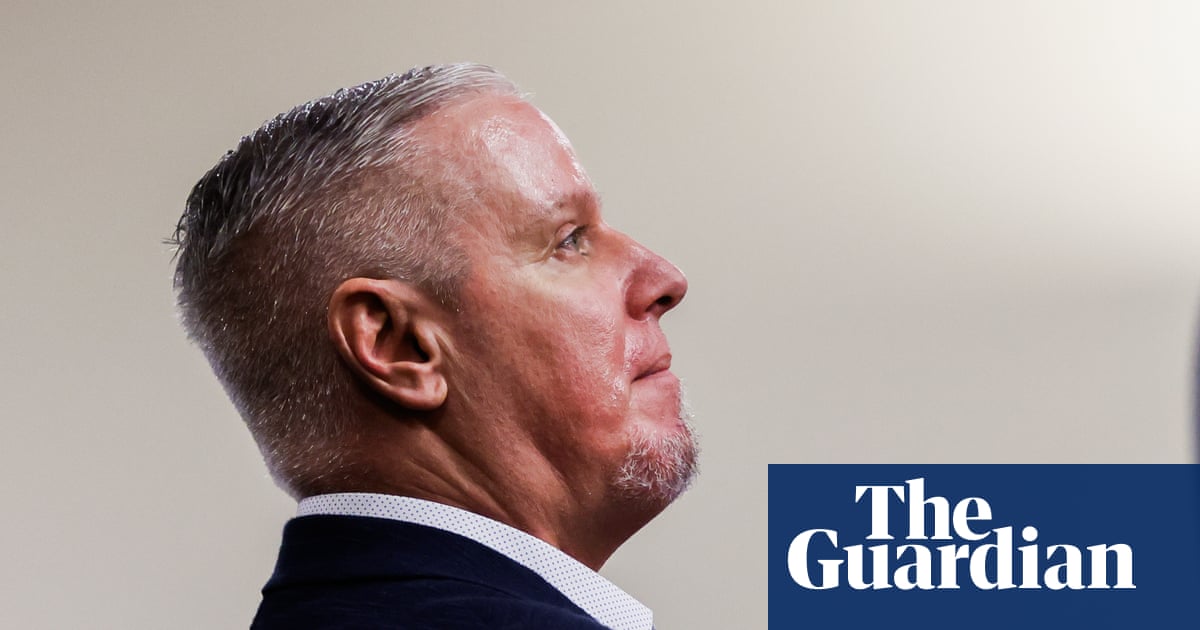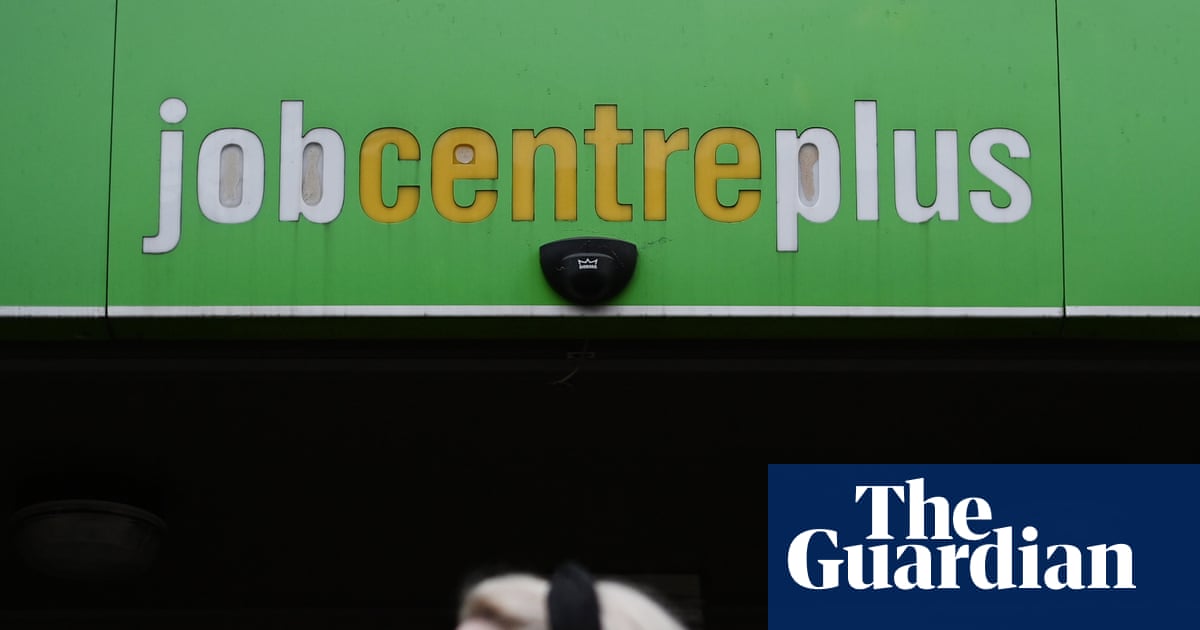Private companies operating care services in just three regions of England have taken more than £250m in profits in three years, with more than a third going to providers owned by private equity firms or companies based in tax havens.
New analysis by Reclaiming Our Regional Economies warned that public money is being rapidly funnelled out of the care system into the hands of private companies, rather than reinvested to improve services.
The report, published on Wednesday, found that in the North East, South Yorkshire and the West Midlands, £256m in profit was made by private companies providing care services between 2021 and 2024.
“Politicians and pundits tell us that there simply isn’t the money to invest in social care and that we can’t afford to borrow more to build a better system,” the report states.
“The truth is that money exists in the care system but too much of it is leaking out. Instead of simply being provided as a public service, systems of care have gradually, over time, come to function more like a commodity or a product to be bought and sold.”
The report found this had spread to “all aspects of our livelihoods” and “the erosion of public values in what should be public goods and services”.
More than a third (£87.7m) of all profits analysed were made by care providers owned by private equity companies or with parent companies based in tax havens.
A total of £45m was paid in dividends to shareholders and £33.6m was paid in interest, up to 60% of which went straight to companies owned by private equity and based in tax havens.
The directors of these companies were earning up to 60 times more than the average wage, with frontline care workers often paid below the living wage.
The report – Ending Extraction in the UK Care System – is part of a partnership between Centre for Local Economic Strategies (CLES), the Centre for Thriving Places (CTP), Co-operatives UK and the New Economics Foundation.
It called for the government to set legal limits on profits being made from public services, as well as greater scrutiny of where local authorities are spending their money.
“Councils don’t have that kind of data on the companies they’re supplying to, which is a real problem for taxpayers,” said Leah Millthorne, the report’s co-author and associate director at CLES.
“They have to tick certain boxes, but what those boxes don’t consider is anything to do with a provider’s parent company or its financial structures or the ways it’s making profit. And local authorities are basically over a barrel because they’re forced to contract out these services.”
The team behind the report spent months analysing the complex web of financial assets behind the companies contracted to provide services including children’s homes, adult social care and Send provision.
In 2024, £3.8bn was spent by local authorities in the three regions to fund these care services.
“We know there’s a deeper issue with big companies taking out even more money in debt payments and rent, but our systems are set up – from national to local level – to be unaccountable about where public money goes,” said Rosie Maguire, the report’s co-author and manager of policy and programmes at CTP.
“It does not need to be this way. The government could act, limiting how much can be taken out of public services and supporting further procurement reform so that more local authority contracts go to organisations that reinvest in care, not investors. Care should be a public good that strengthens our communities, not a commodity that drains them.”

 3 months ago
125
3 months ago
125

















































